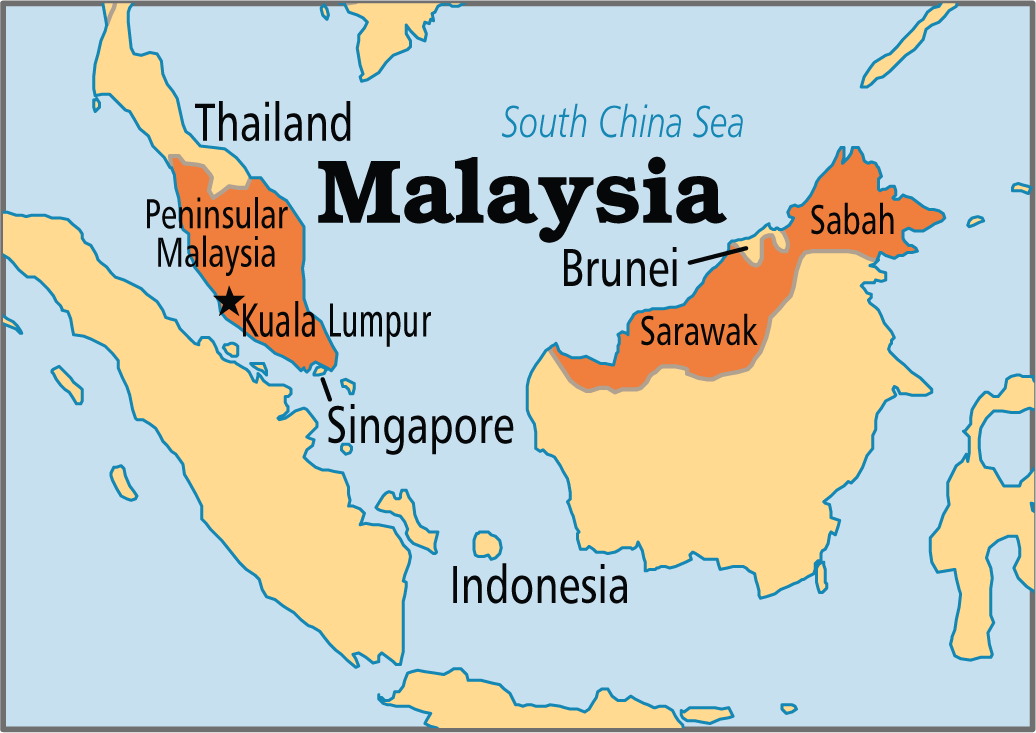Rapid Fire
Rapid Fire Current Affairs
- 20 Sep 2023
- 5 min read
India-Malaysia Defence Cooperation Committee Meeting
- The 12th meeting of the Malaysia-India Defence Cooperation Committee (MIDCOM) took place in New Delhi on 19th September 2023.
- The meeting reviewed the outcomes of two sub-committee meetings, namely the Sub-Committee on Military Cooperation (27th July 2023) and the Joint Sub-Committee on Defence Science Technology and Industry Cooperation (18th September 2023).
- The Defence Secretary of India shared an 8-point proposal with the Malaysian side to expand cooperation between India and Malaysia on a wide range of areas such as Government to government-level engagement, Tri-Service cooperation, Training, UN Peacekeeping, Bilateral Services Engagement, Defence Industrial Cooperation, Research & Development and Regional/ Sub-Regional Engagements.
- Both countries reaffirmed their commitment to fully implement the Enhanced Strategic Partnership, emphasizing mutual trust, common interests, and shared values of democracy and the rule of law.
Read more: India-Malaysia Defence Cooperation
Biohacking
- Biohacking has gained more attention and popularity in recent years, it is the practice of modifying or enhancing one’s own body or biology using various methods, such as diet, supplements, devices, implants, or genetic engineering.
- Biohacking can have different goals, such as improving health, performance, well-being, or appearance, or exploring the limits and possibilities of human nature.
- The most well-known type of biohacking is genetic engineering, where individuals experiment with new technologies to enhance their physical appearance or capabilities.
- However, biohacking also raises ethical and safety concerns, particularly when individuals engage in risky or unproven procedures.
String Technology and its Impact on Lithium Production
A new technology called "String" has emerged, with the potential to streamline the extraction of lithium, a crucial component in batteries used in smartphones and electric vehicles.
- Lithium production is a resource intensive and time-consuming process as most of the Lithium produced in the world is extracted from Brine Reservoirs,located in Salt flats.
- String Technology involves the use of porous fibres twisted into strings, which have been meticulously engineered.
- These strings possess a water-loving (hydrophilic) core and a water-repelling surface.
- When one end of the string is immersed in a saltwater solution, capillary action is initiated, mimicking the way trees transport water from their roots to their leaves.
- As the water evaporates from the string's surface, it leaves behind salt ions, including sodium and lithium. Over time, as the salts become increasingly concentrated, they form sodium chloride and lithium chloride crystals, which can be easily harvested.
- Thus, completing the process of Lithium production by String Technology.
Read More:- Lithium Metal and Its Production and Battery Electric Vehicles
Azerbaijan’s Interference in Nagorno-Karabakh
Azerbaijan launched an anti-terrorist operation in the Armenia-backed breakaway enclave of Nagorno-Karabakh.
- The region has long been at the centre of tensions between Azerbaijan and Armenia, leading to two wars for its control. The last large-scale conflict in Nagorno-Karabakh lasted for six weeks in 2020 before a Russian-brokered truce. The ceasefire saw Armenia cede swathes of territory it had controlled since the 1990s.
- Nagorno-Karabakh is a mountainous and heavily forested region that under international law is recognised as part of Azerbaijan.
- However, ethnic Armenians who constitute the vast majority of the population there reject Azeri rule (the legal system of Azerbaijan).
- After Azerbaijan’s troops were pushed out of the region following a war in the 1990s, these ethnic Armenians have been in administrative control of Nagorno-Karabakh, with support from Armenia.
- The self-declaration of independence by Nagorno-Karabakh in September 1991 in the backdrop of an imminent collapse of the USSR resulted in a war between Azerbaijan and Nagorno-Karabakh — supported by Armenia.
Read More:- Nagorno-Karabakh region








